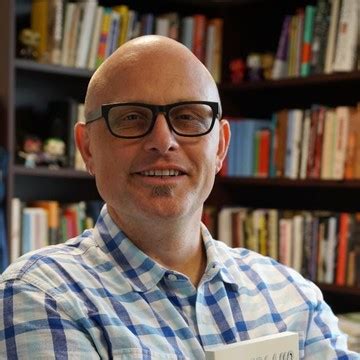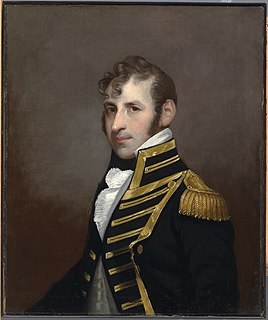A Quote by Alex Lemon
Well, we're all going to die, so mortality is a part of writing and life.
Related Quotes
When you get the ideas, that's a thrill; when you're writing the book and it's corning out well, that's a thrill; when you finish it and other people read it, that's a thrill. There are going to be reviews, of course; not everyone's going to love it. You feel sort of naked and vulnerable in a way. That's just a minor part of the process, really. If you can't take that part, you shouldn't be in the business. But there are so many joys to writing.
The woe of mortality makes humans God-like. It is because we know that we must die that we are so busy making life. It is because we are aware of mortality that we preserve the past and create the future. Mortality is ours without asking--but immortality is something we must build ourselves. Immortality is not a mere absence of death; it is defiance and denial of death. It is 'meaningful' only because there is death, that implacable reality which is to be defied.
My father left me with the feeling that I had to live for two people, and that if I did it well enough, somehow I could make up for the life he should have had. And his memory infused me, at a younger age than most, with a sense of my own mortality. The knowledge that I, too, could die young drove me both to try to drain the most out of every moment of life and to get on with the next big challenge. Even when I wasn't sure where I was going, I was always in a hurry.
When you're writing a movie or a play and writing isn't going well, which is for me the normal condition - it's an exceptional day when suddenly I've got something and it's going well - you can call the studio or the producer or whoever is waiting for it and say, "I know I said I was going to have it in by the end of the summer.
I had the experience of having my grandmother in a nursing home at the end of her life, and had dementia set in with my father. He was in a nursing home with dementia at the end of his life, but it happened for me personally 10 years ago. My father was much older than my mother, so I experienced it as a pretty young person. People's parents die at various ages, but my father died of mortality. He died of being an old person. Illness and stuff happened, but essentially, he was old and he was going to die.
We are left with nothing but death, the irreducible fact of our own mortality. Death after a long illness we can accept with resignation. Even accidental death we can ascribe to fate. But for a man to die of no apparent cause, for a man to die simply because he is a man, brings us so close to the invisible boundary between life and death that we no longer know which side we are on. Life becomes death, and it is as if this death has owned this life all along. Death without warning. Which is to say: life stops. And it can stop at any moment.
There's that wonderful line in Measure for Measure. I forget which of the characters has committed adultery and is going to die. He looks at his hand and says, "How could this die?" That's the joke. I've always thought, and this is nothing new, that we don't really believe we die. I think you're going to die, because I know that's what happens but I can't imagine I'm going to die.
He knew one thing only, and it was beyond fear or reason: He was not going to die crouching here like a child playing hide-and-seek; he was not going to die kneeling at Voldemort’s feet . . . he was going to die upright like his father, and he was going to die trying to defend himself, even if no defense was possible. . . .






































